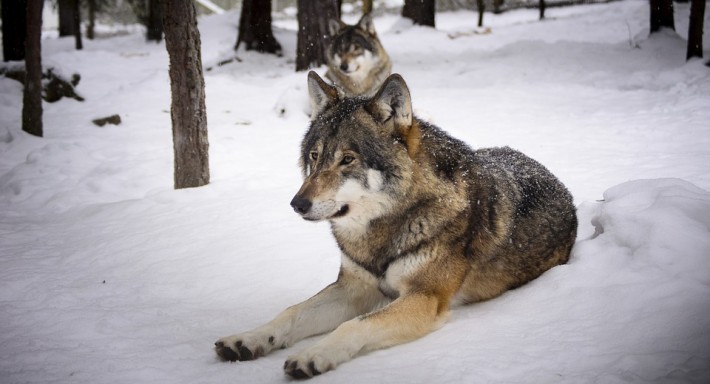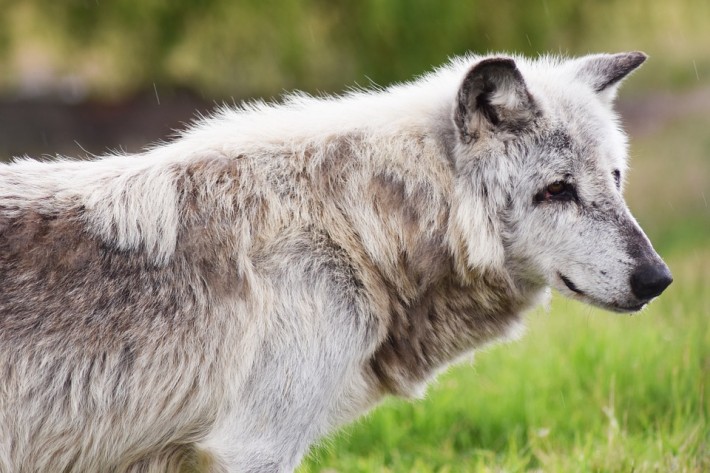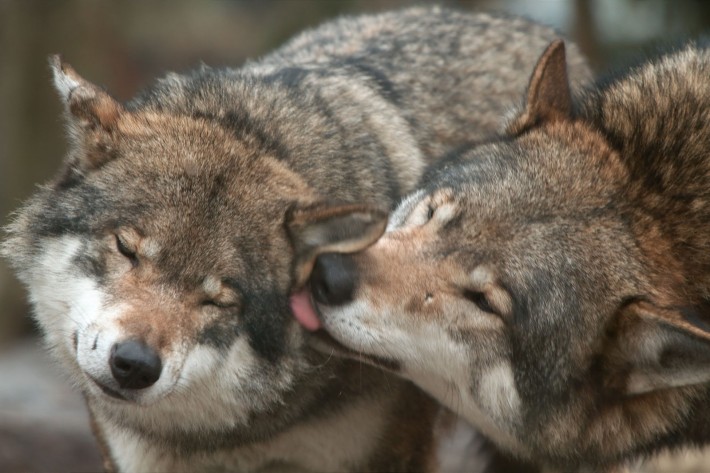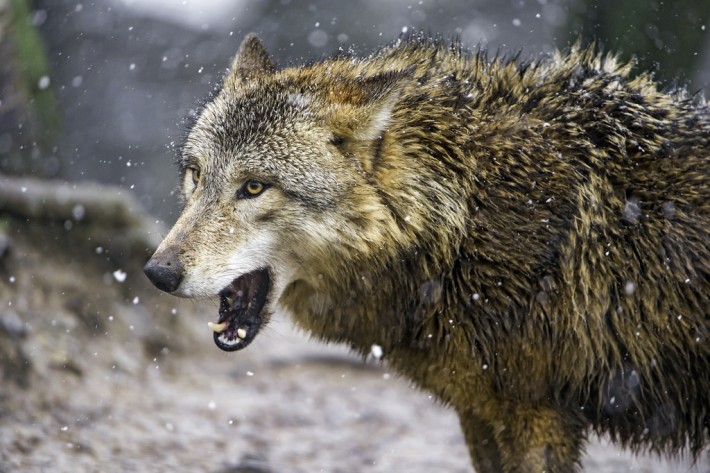Dorottya was also interested in the similarities between the two animals. For example, both wolves and dogs like to greet each other by licking each other’s faces. Similarly, both dogs and wolves can understand certain human gestures, like pointing fingers—something even chimps can’t do!
This research was quite groundbreaking. “What we learned from our study is that while dogs may be more attached to their human caretaker in the sense of dependence and using their owners as a secure base,” said Dorottya in an interview, “wolves are also able to form lasting affiliative relationships with their caretakers, though without a sense of dependence.”

Like any thorough scientific study, there were a number of other observations to be made. Perhaps the most important one, though, was that as much as wolves have the capacity to connect with humans, they are not domesticated.

“The problem starts when people disregard the advice of professionals and mistake wolves for dogs, keeping them as pets,” Dorottya said. “This is a serious welfare issue for wolves, as 99 percent of those animals will eventually be given up and usually euthanized.”

“Basically, wolves are wild animals, more independent, hard to control, hard to manage, and health-keeping conditions are impossible to provide in the human home, thus tame wolves kept as pets are a real danger to their environment and to themselves.” Phew! Good to know.
These new findings are absolutely fascinating, especially for dog-lovers. Who knows what else we may find out about our furry friends and their closest relatives?
Share this incredible information with your friends below!













